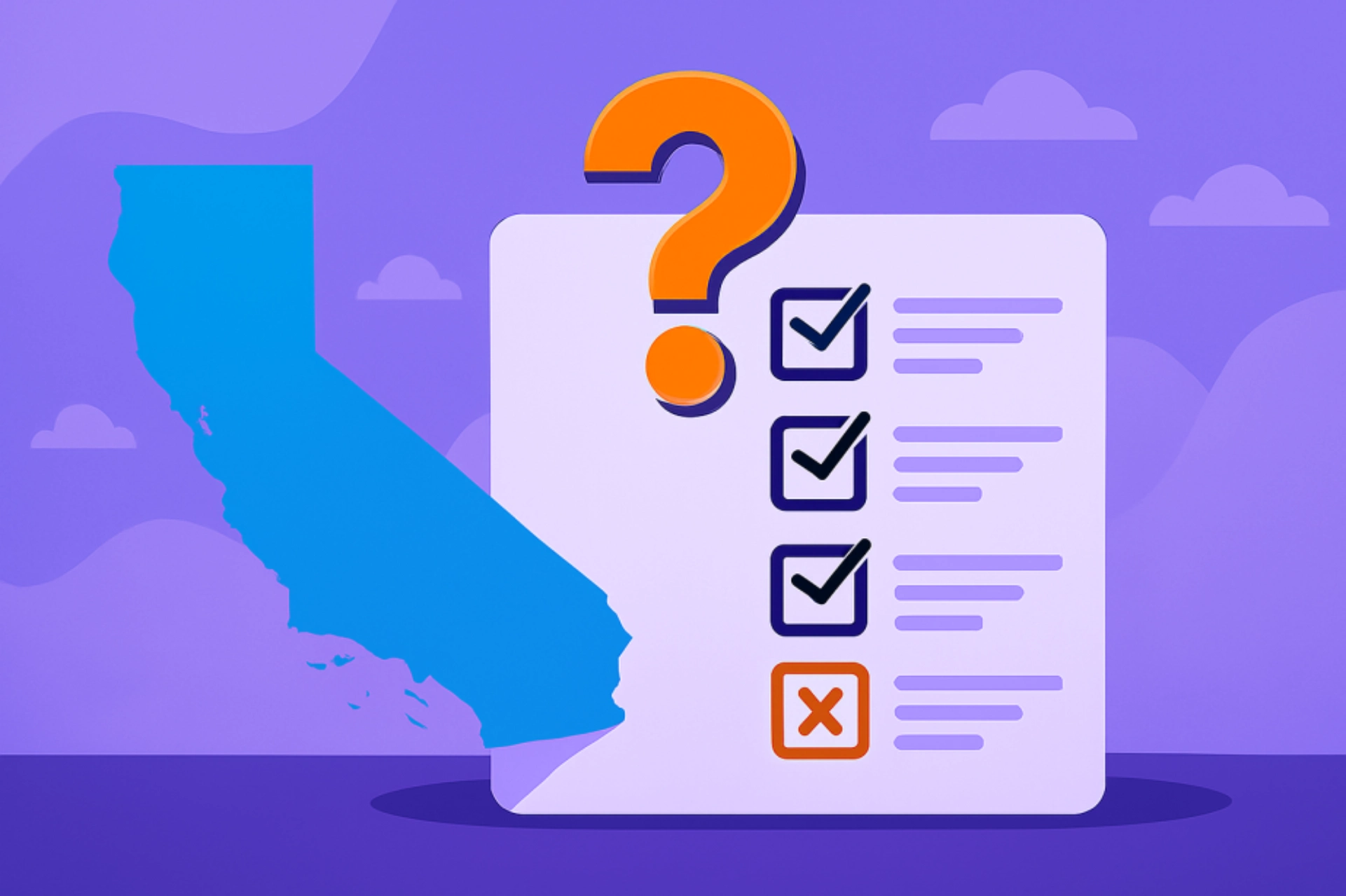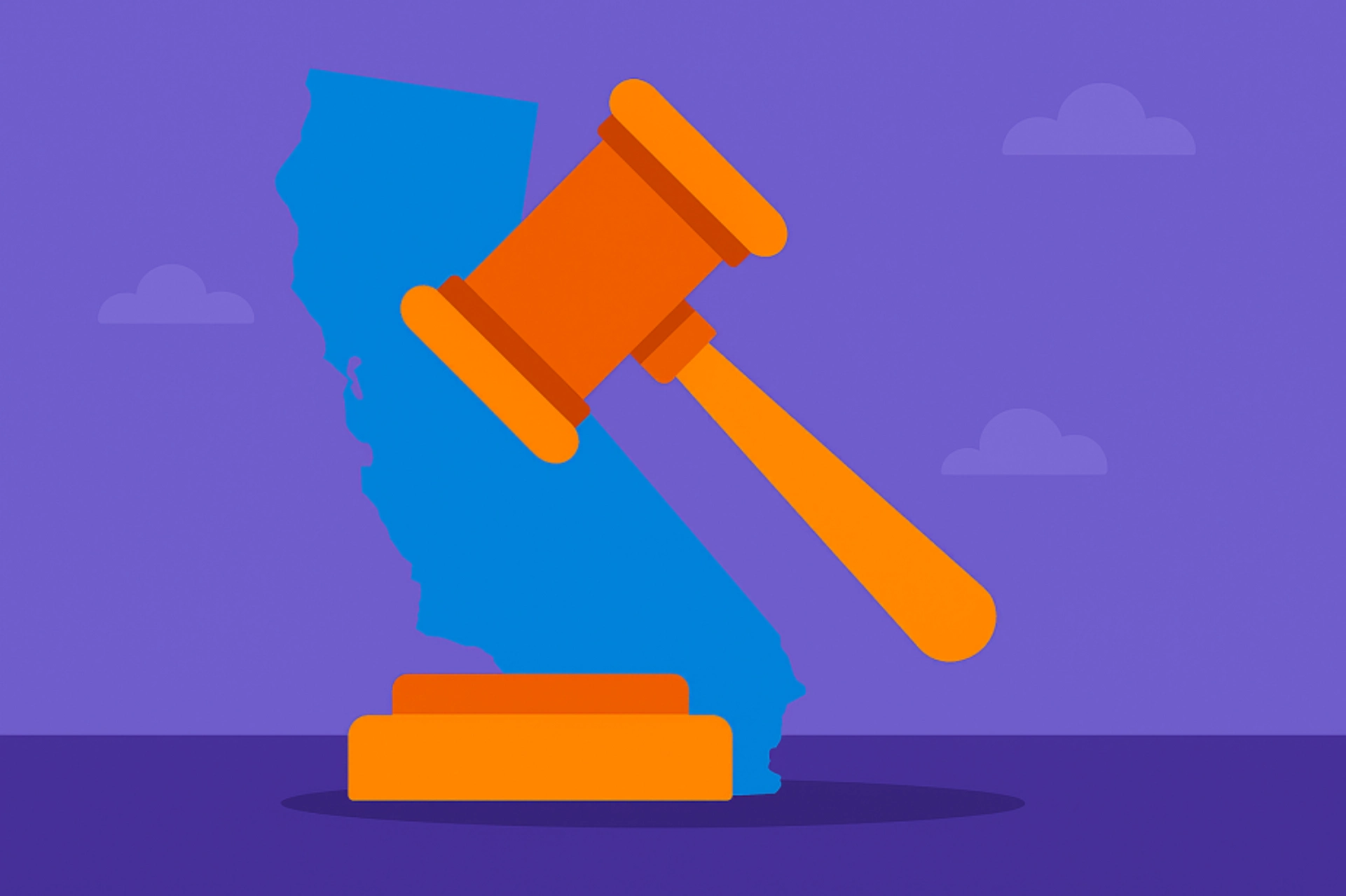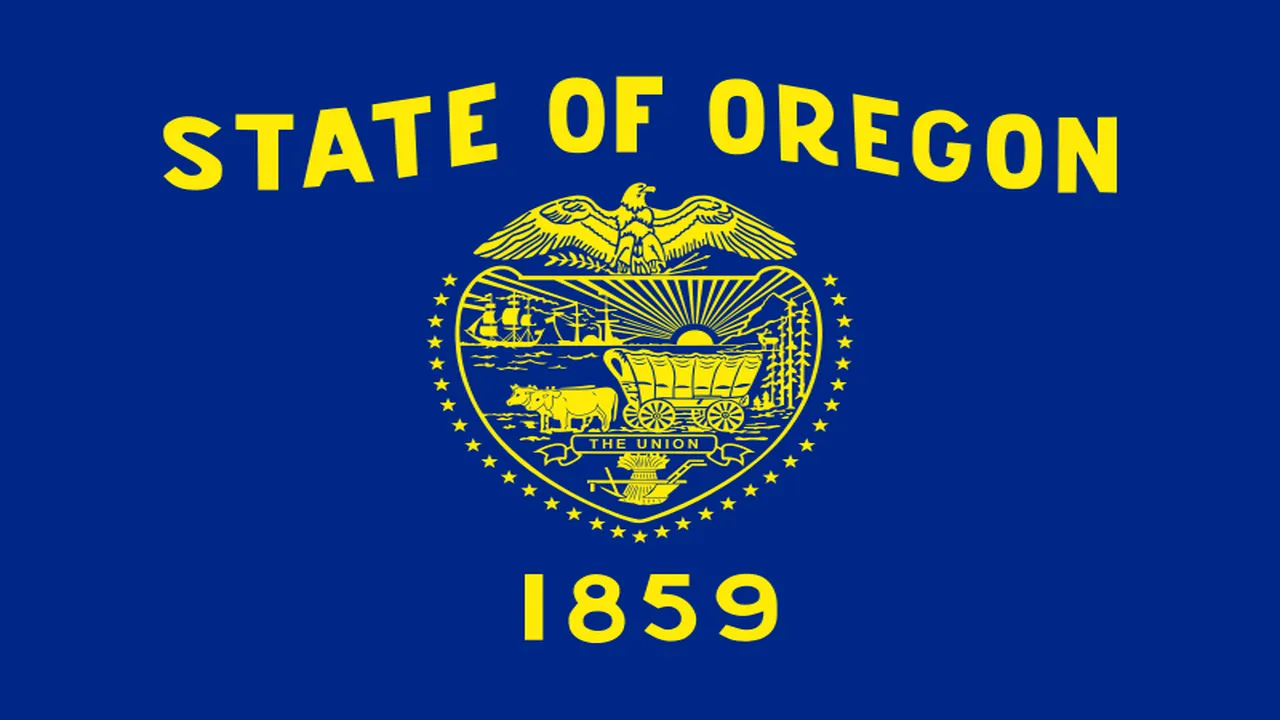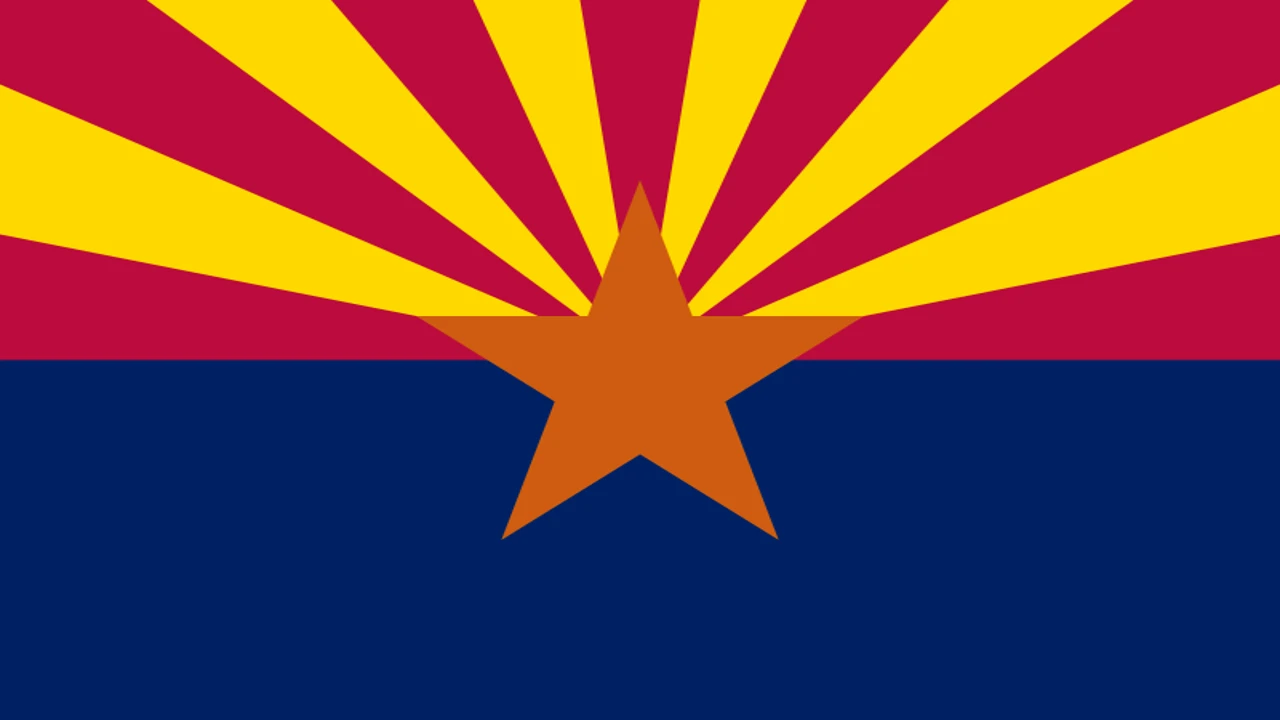AB 831 is now law and the ban date is set
The California Legislature passed Assembly Bill 831, which the Governor signed on October 11, 2025. The bill was chaptered as Chapter 623 of the Statutes of 2025. It will take effect on January 1, 2026, the date that the sweepstakes casino ban will formally kick in.
What is getting banned
AB 831 is aimed at online sweepstakes games that use a dual currency system and look and feel like casino gambling. So, basically, you buy one type of coin, get a second type for free, and then use those to play sweeps slots or table games for a shot at winning cash or other prizes. If a game is online, uses that dual currency setup, and simulates things like slots, poker, bingo, lotteries, or sports betting, and pays out cash or cash equivalents, then it’s considered an online sweepstakes game. Operating one of these in California would be illegal.
Who the new law is aimed at
The law is written to go after businesses, not you as a casual players. Once the law comes into effect, it’s illegal for anyone or any company to run, manage, or offer an online sweepstakes game. This includes folks who knowingly support them, like payment processors, platform providers, geolocation companies, and media affiliates. Penalties for these violations can run anywhere from $1,000 to $25,000 per infraction, and in the worst case, you could be looking at up to a year in county jail (California Penal Code §337, 2024).
Are there penalties for sweepstakes casino players from California?
There are no penalties for players. The law is designed to stop businesses that run sweepstakes-style casinos and companies that support them. The bill does not make it illegal for users to play, try out, or interact with sweepstakes casinos. The legal weight is placed entirely on the operators, not the players.
However, our research shows that you will still feel the impact once the law takes effect. Operators will shut down California access, close accounts, disable games for you and your fellow California users, and impose strict withdrawal deadlines on any remaining real value balances. These changes are due to compliance requirements, not legal risk for players. You will not be fined, charged, or face any criminal consequences for having played on a sweepstakes casino before the ban.
What the new bill means for your current sweepstakes accounts
Since the operators and their suppliers are responsible for the risk, most major sweepstakes casinos are already preparing to shut off California traffic before January 1, 2026. Expect to see new sign-ups blocked for California, games disabled in your state, and hard deadlines to use or withdraw any remaining real value balances before cut-off dates. Some brands have already said when they’re going to stop supporting California players.
What is not affected by AB 831
The law does not touch everything that looks like gambling. It specifically keeps existing legal products in place. That includes the California State Lottery, tribal casinos and other gambling enterprises licensed under the Gambling Control Act, and short term promotional sweepstakes that real world brands run as marketing around genuine product sales.
Why social casinos are still allowed
The big question is whether you’ll ever get your money back, or if it’ll be worth it. With pure social casinos, you can buy coins or extras just for entertainment, but you can’t redeem anything you win for cash or anything else that’s worth the same amount. AB 831 and the related code changes say that games that don’t award cash prizes or cash equivalents aren’t made unlawful by this law. That’s why social casinos are expected to stay available in California even after 01/01/2026.














